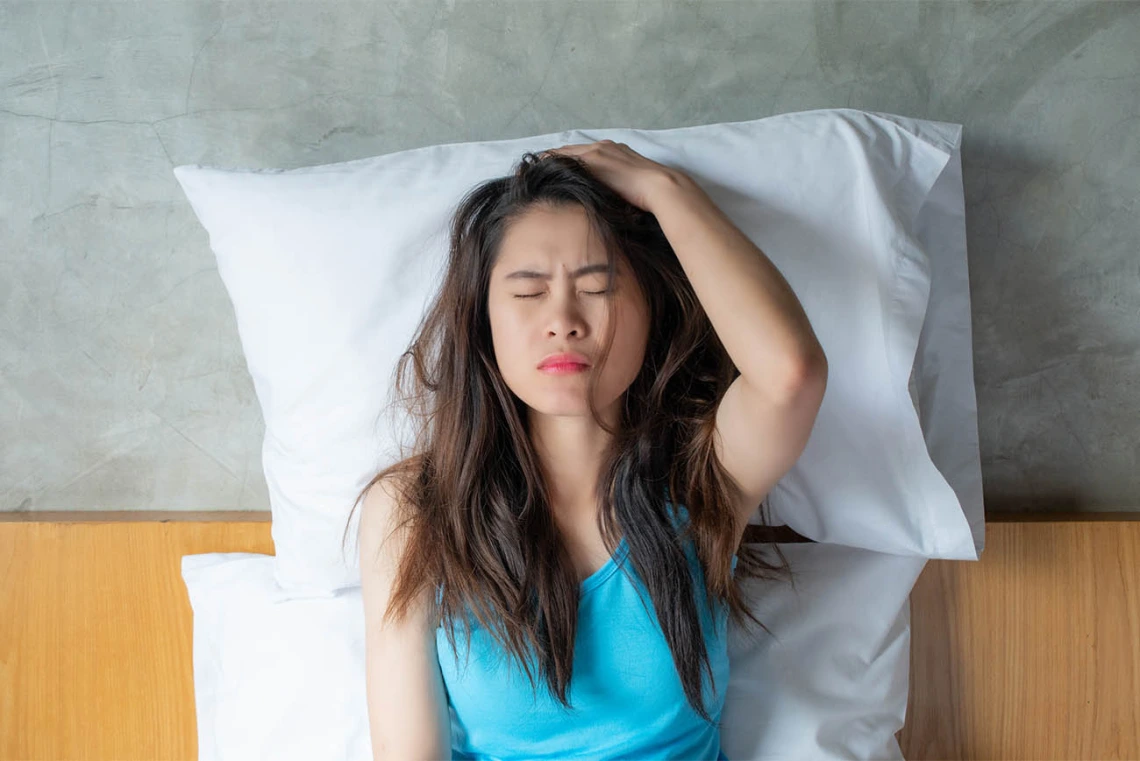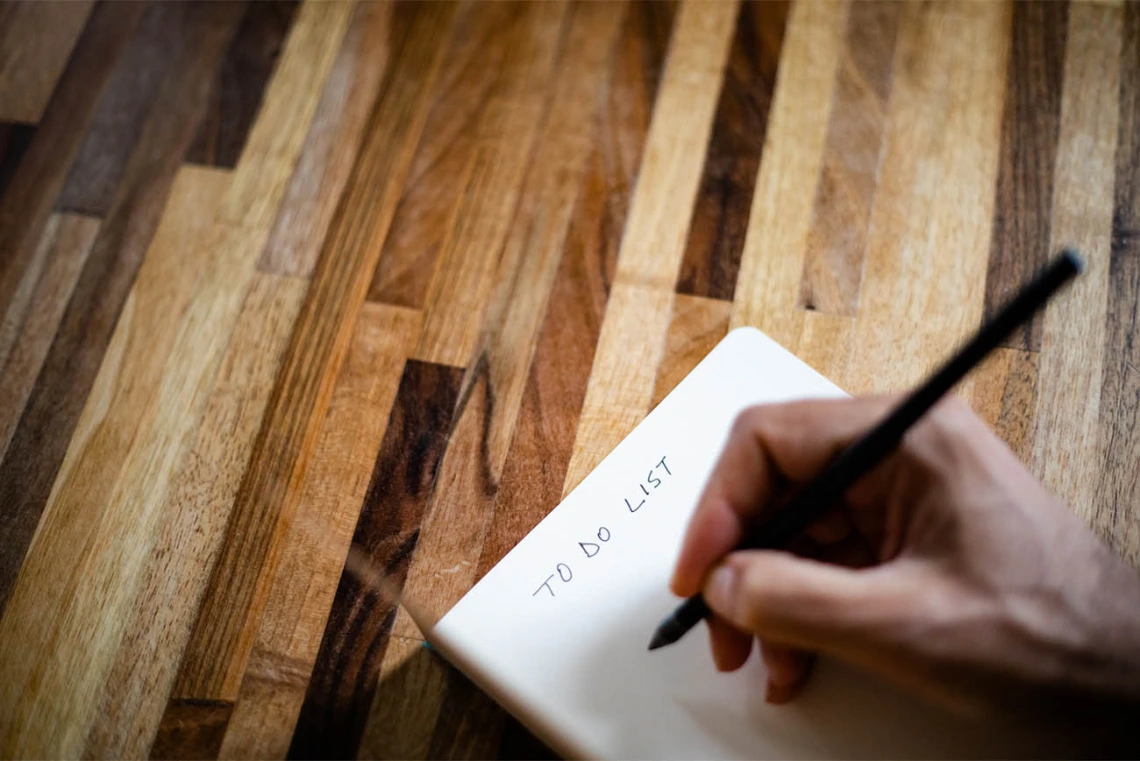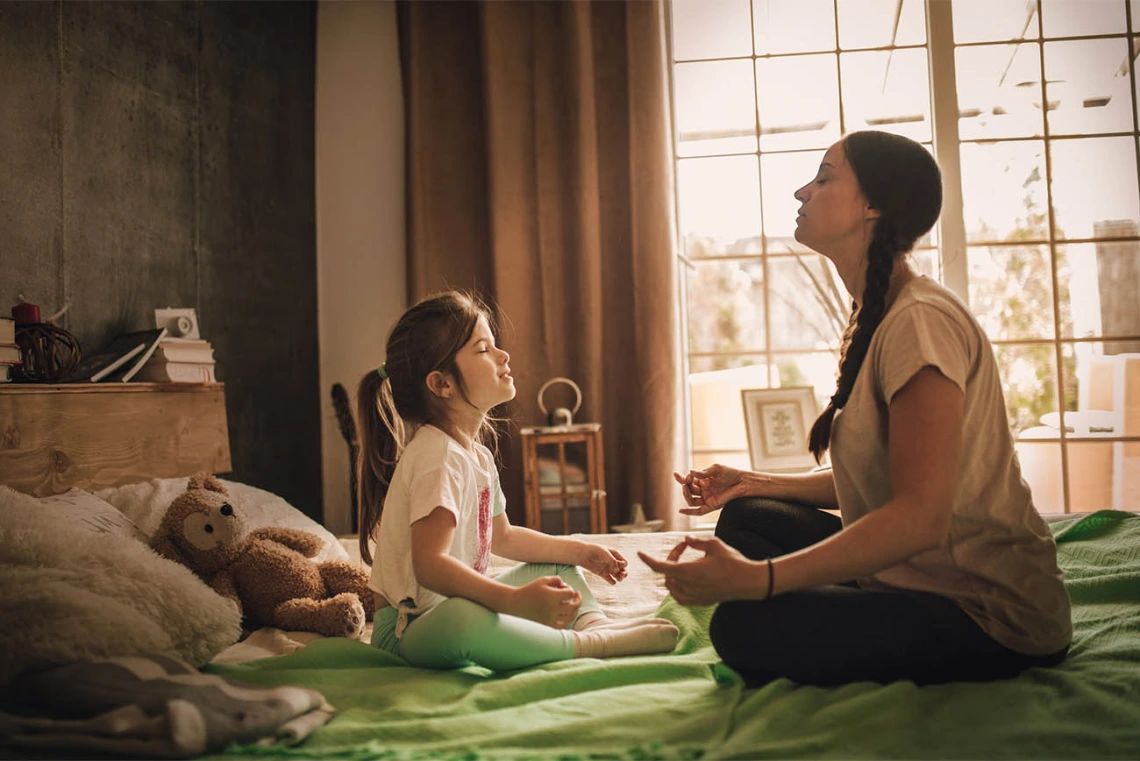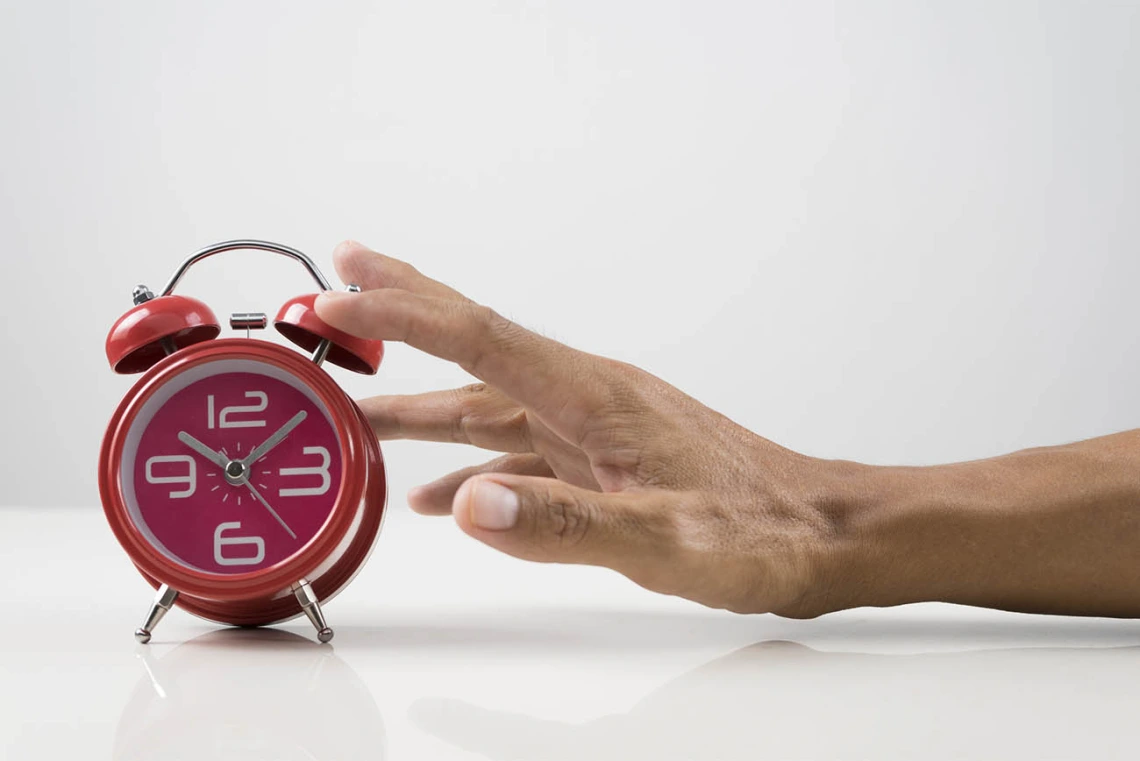Is There a Perfect Sleep Routine?
Many of us encounter sleeplessness, and the ongoing stress from the coronavirus pandemic only further disrupts our sleep schedules.

Sleep is critical to our physical and mental health, but according to the Centers for Disease Control and Prevention, more than 30 percent of adults in Arizona say they get less than the recommended seven hours of sleep. And about 50 to 70 million Americans suffer from insomnia, sleep disorders and other sleep-related problems, according to the National Heart, Lung, and Blood Institute.
But there is hope in putting yourself in the best position to sleep every night, also known as good sleep hygiene. Michael Grandner, PhD, director of the Sleep and Health Research Program at the University of Arizona Health Sciences, debunks myths about getting good sleep — during a pandemic or otherwise.
MYTH: There is a perfect sleep routine.
FACT: No routine guarantees the best sleep in the world.
But that’s good news. It’s a matter of finding a routine that works for you. That starts with preparing yourself for sleep, including winding down activities, dimming lights and avoiding screens. Making a to-do list for tomorrow is another great addition to a wind-down routine, as is a brief meditation.

Writing to-do list can help destress for the day and prepare for sleep.
MYTH: There’s little I can do about poor sleep hygiene.
FACT: Small behaviors and changes have profound effects on nighttime sleep and next-day functioning.
Here are a few small behavioral changes people tend to overlook:
- Budget time to wind down. Just like tapping car brakes as you approach a red light, you need to tap the brakes on your day before heading off to bed. Set aside time to decompress, detach from the day, and wind down your mind and body.
- Dim your lights about an hour before you go to bed. This promotes a nighttime signal in your brain to prepare your body for sleep.
- Personalize your bedtime. Many people go to bed too early or too late. If you are tossing and turning and can’t sleep, set a later bedtime. On the other hand, if you immediately fall asleep when your head hits the pillow or you suddenly crave calorie-dense food — a sign you should be asleep already — go to bed earlier.

It's important to set aside time to wind down both your body and mind before you sleep.
MYTH: If I never wake up at night, my sleep is better.
FACT: Awakening during the night is normal and not necessarily a problem.
Most people wake up many times a night and just don’t remember. Trouble arises when you cannot fall back asleep. In these cases, a simple distraction or relaxation exercise (like counting breaths) can be effective.
MYTH: I should stay in bed if I can’t sleep.
FACT: If you can’t sleep, get up.
This minimizes the amount of time you are awake in bed and can help prevent more insomnia later. Keep the lights dim and try to do something that is not too distracting or mentally activating. Reading is a great activity, as is listening to music or podcasts.

Figuring out a bedtime routine that works for you can help you better manage your sleep.
MYTH: I can ‘catch up’ on sleep.
FACT: Not really, as sleep is more about balance, just like your diet.
You can make up for years of a poor diet, but it’s a slow process. Sleeping six hours during the week and ten hours on weekends compares to eating fast food all week then only salad during the weekend. It's better than fast food all seven days, but still not very healthy.
MYTH: Managing sleep is different during a pandemic.
FACT: Sleep recommendations are fairly standard, no matter what.
What’s unusual during the pandemic is that more people are experiencing sleep-related issues. They are not as familiar with the general recommendations of keeping regular schedules, preventing the development of insomnia, and dealing with nightmares.
However, some are sleep issues are unique to COVID-specific stress. For example, if COVID-specific changes are causing family stress or altered schedules, there are some recommendations for dealing with this abnormal situation. You can learn more about these recommendations from the Society of Behavioral Sleep Medicine COVID-19 Task Force.
About the Author
Michael A. Grandner, PhD, MTR, is the director of the Sleep and Health Research Program at the University of Arizona, director of the Behavioral Sleep Medicine Clinic at the Banner-University Medical Center, and an assistant professor in the Department of Psychiatry at the UArizona College of Medicine - Tucson, with joint appointments in the Department of and Medicine, Psychology (College of Science), Nutritional Sciences (College of Agriculture and Life Sciences), and Clinical Translational Science. In addition, he is a faculty member of the Neuroscience and Physiological Sciences Graduate Interdisciplinary Programs. He is certified in Behavioral Sleep Medicine by the American Board of Sleep Medicine and is a Diplomat in Behavioral Sleep Medicine by the Board of Behavioral Sleep Medicine.
His research focuses on how sleep and sleep-related behaviors are related to cardiovascular disease, diabetes, obesity, neurocognitive functioning, mental health, and longevity. Current and recently-completed research projects were funded by the National Institute on Minority Health and Health Disparities (NIMHD), the National Heart, Lung, and Blood Institute (NHLBI), the National Institute for Environmental Health Sciences (NIEHS), the American Heart Association (AHA), the National Collegiate Athletics Association (NCAA), and other organizations.

